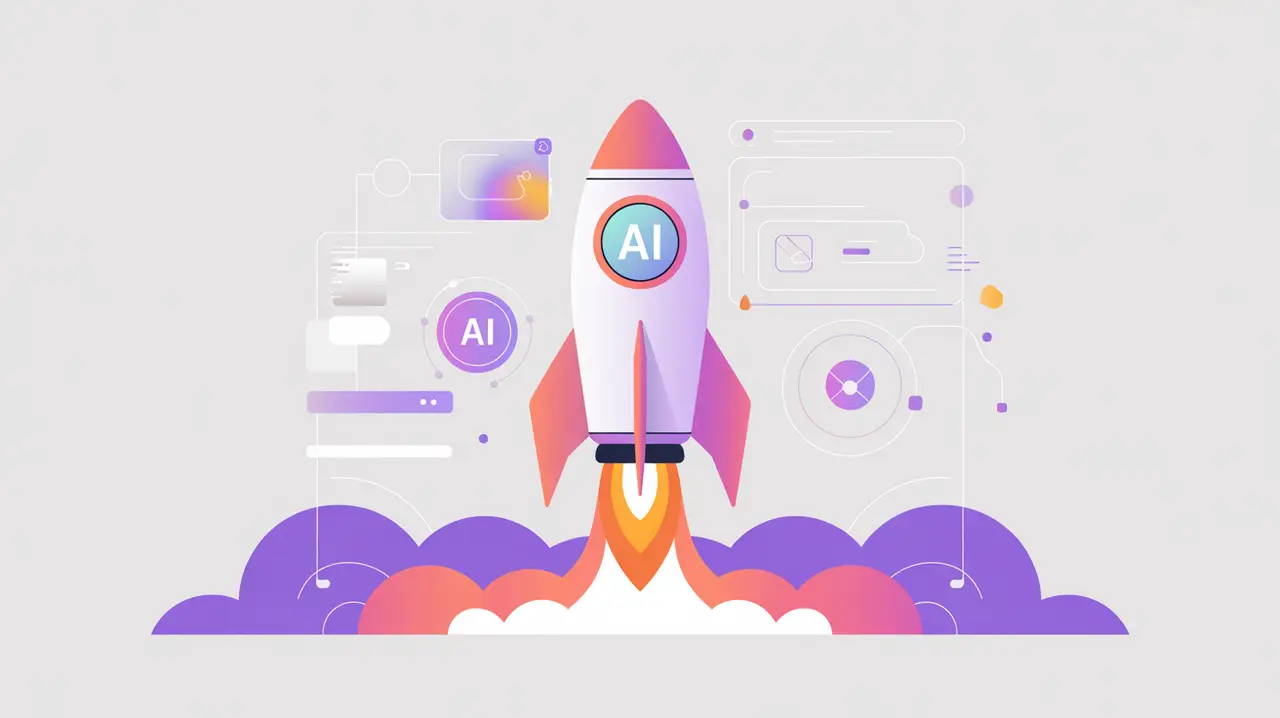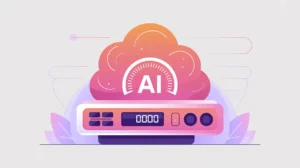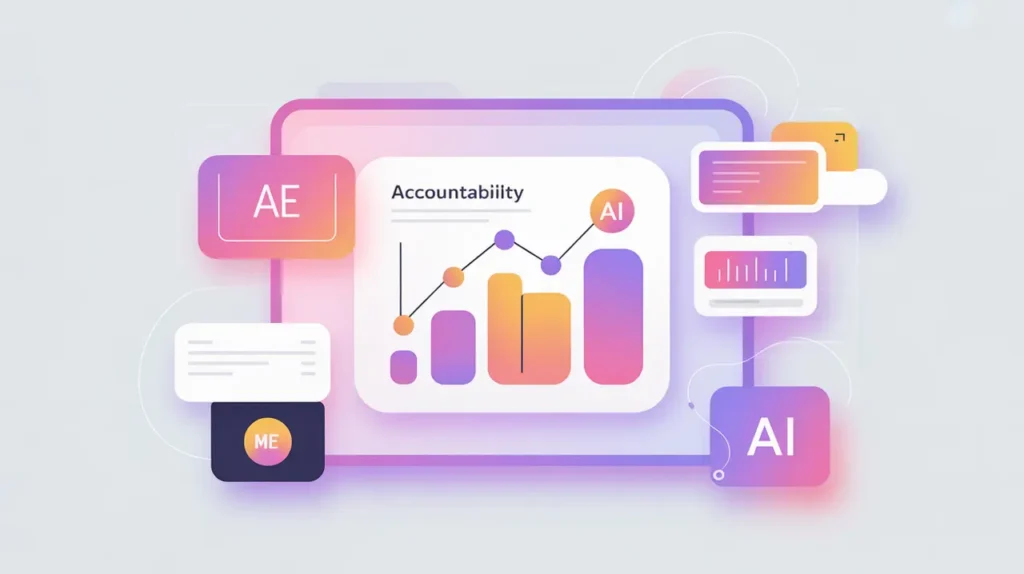Importance of Startups & Innovators in AI for Good
Startups and innovators are playing a pioneering role in developing AI applications targeted at solving pressing social and environmental challenges. Agile and experimental by nature, startups often pursue high-risk, high-reward ideas that larger institutions may avoid. Their importance today lies in pushing the boundaries of what is possible, proving new concepts, and catalyzing ecosystems of innovation for public good.
For social innovation and international development, startups matter because they frequently act as early movers, tailoring AI solutions to local contexts, underserved communities, or emerging challenges.
Definition and Key Features
Startups differ from large tech firms by their smaller scale, speed of iteration, and focus on disruptive innovation. In the AI for Good space, they may develop tools for education, health, agriculture, financial inclusion, or climate adaptation. Innovation hubs, accelerators, and impact investors often provide the support systems that enable these startups to grow.
This is not the same as social enterprises, which balance profit with explicit social missions. Nor is it equivalent to corporate philanthropy, which adapts existing products for impact. Startups bring experimentation and creativity that can scale into new business models or public goods.
How this Works in Practice
In practice, startups might design AI-driven platforms that connect smallholder farmers to market forecasts, create low-cost diagnostic tools for health care, or build chatbots that support mental health in underserved populations. Innovators often work closely with communities to co-design and adapt solutions.
Challenges include access to capital, difficulties scaling beyond pilots, and the risk of “solutionism,” which involves developing technology without fully understanding systemic problems. Many AI for Good startups must also navigate data access barriers and ethical questions about sustainability.
Implications for Social Innovators
Startups and innovators shape mission-driven ecosystems by testing new ideas and creating pathways for others to follow. Health-focused startups may pioneer AI for early disease detection in low-resource settings. Education innovators may build language tools for marginalized learners. Humanitarian startups can design crisis-mapping or aid distribution platforms that improve response times. Civil society organizations often partner with or advocate alongside startups to promote inclusive innovation.
By fostering experimentation and agility, startups and innovators expand the frontier of AI for Good, showing how technology can be harnessed creatively for impact at scale.







